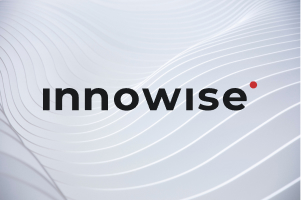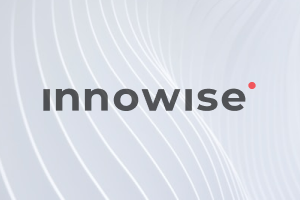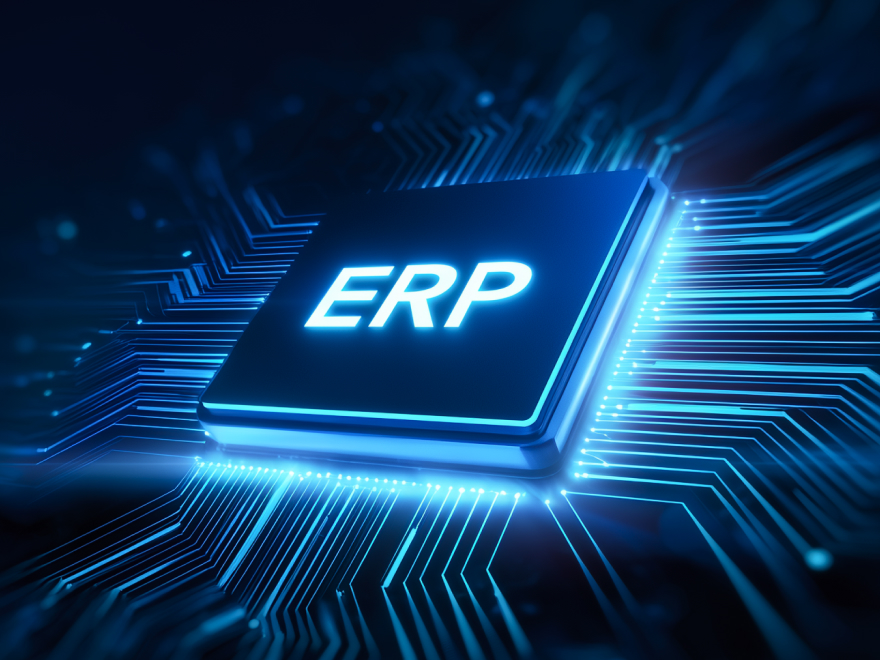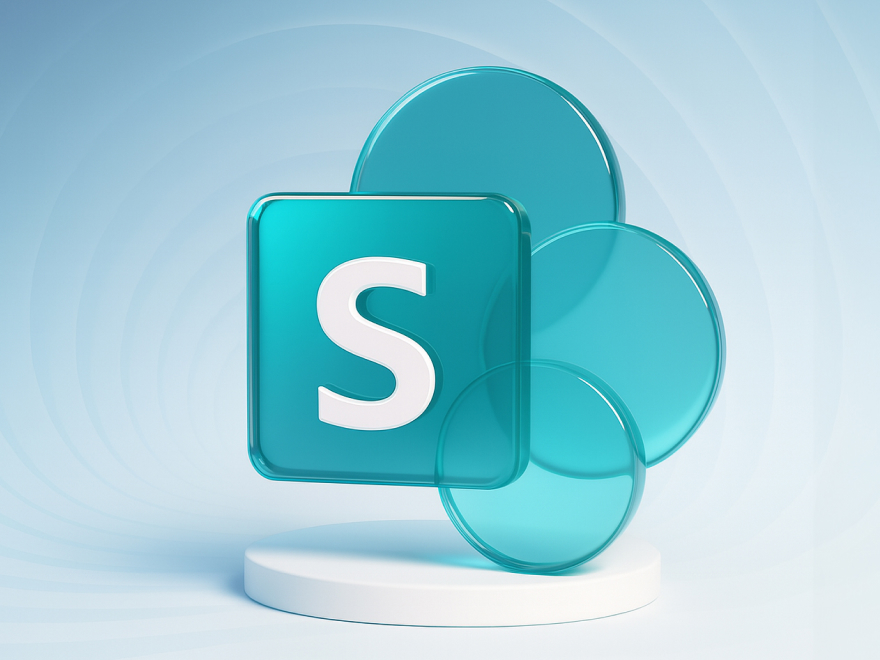Your message has been sent.
We’ll process your request and contact you back as soon as possible.
The form has been successfully submitted.
Please find further information in your mailbox.


Choosing an ERP system can be tricky with so many options available — but we’re here to help! In this guide, we’ll break down the key factors to consider during an ERP system selection process. Let’s get right to the point and focus on what really matters, so you can make an informed decision without getting bogged down — and, by the end, you’ll have a clear idea of what works best for your business.
Before you understand how an ERP can improve your business, it’s important to know what an enterprise resource planning actually is. Essentially, an ERP system is a software solution that integrates once-separated systems within your company into a unified hub. By consolidating all necessary business data involved in the running of a company, you can focus on more important tasks than data entry.
Sick of juggling disconnected systems and constant miscommunication?
28%
of organizations are reported to achieve ROI within 12 months after ERP implementation
$54.76 bn
global ERP market in 2022, growing at 11.0% CAGR through 2030
45%
of companies find it easier to access customer and enterprise data, enabling timely decisions
Answer a few quick questions to help us find the right ERP system for you. Mark the most relevant checkboxes to get a tailored piece of mind.

Michael Labutin
Head of Java & ERP Solutions
Overwhelmed by the multitude of ERP systems available today?
Microsoft Dynamics 365 is a cloud ERP system that helps businesses manage finances, operations, sales, and customer relationships. It works well with other Microsoft tools like Excel, Outlook, and Teams, and can be customized to fit different business needs.
Pros
Cons
Odoo is an open-source ERP system designed for small and mid-sized businesses. It’s flexible and affordable, offering many tools for various business requirements. However, when it comes to larger, more complex organizations, the system might face limitations.
Pros
Cons
SAP S/4HANA is an ERP system built for large organizations that need to handle complex business processes. It works well for companies with global operations — but has seen some issues with cloud transition and difficult implementations.
Pros
Cons
Choosing the right ERP system for your business can feel like a big task — but it doesn’t have to be. Since an ERP touches so many areas of your business — like finance, HR, and operations — it’s important to know how to select an ERP system that fits your needs. When you get it right, you really hit the jackpot. The right ERP will not only tick all the boxes for your current requirements, but will also help your business grow without unnecessary headaches. If you take the time to consider your options carefully, you’ll set yourself up with a system that makes life easier.
Selecting the right ERP is crucial as it unites key functions like finance, inventory, production, and HR into one system — fine-tuning operations and reducing errors. A good ERP boosts efficiency, provides real-time insights, and helps scale your business. On the flip side, the wrong system can cause confusion, waste resources, and miss growth opportunities.
ERP system costs can range widely, from relatively affordable options to more expensive, complex solutions. The price depends on factors like the number of users, the level of customization, and the features you need.
Implementation typically takes 6 to 12 months, but can vary based on complexity and customization.
An ERP system brings all your key data — like sales, inventory, and finance — into one place, making it easier to manage everything. It automates tasks, reduces mistakes, and gives you real-time updates, so you can make quick, informed decisions and keep your business running smoothly.
Yes, you can tweak an ERP system to fit your business. If you need special features, unique workflows, or custom reports, the system can be adjusted to handle it. For example, if your sales or inventory processes are different from standard ones, the ERP can be set up to manage them smoothly.

Share:













Your message has been sent.
We’ll process your request and contact you back as soon as possible.

By signing up you agree to our Privacy Policy, including the use of cookies and transfer of your personal information.